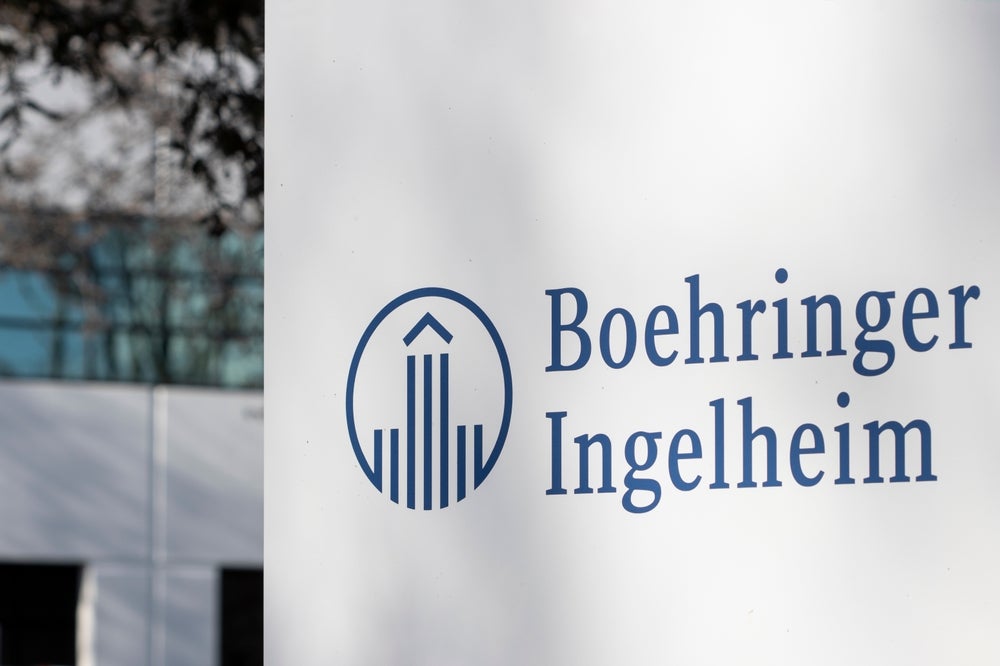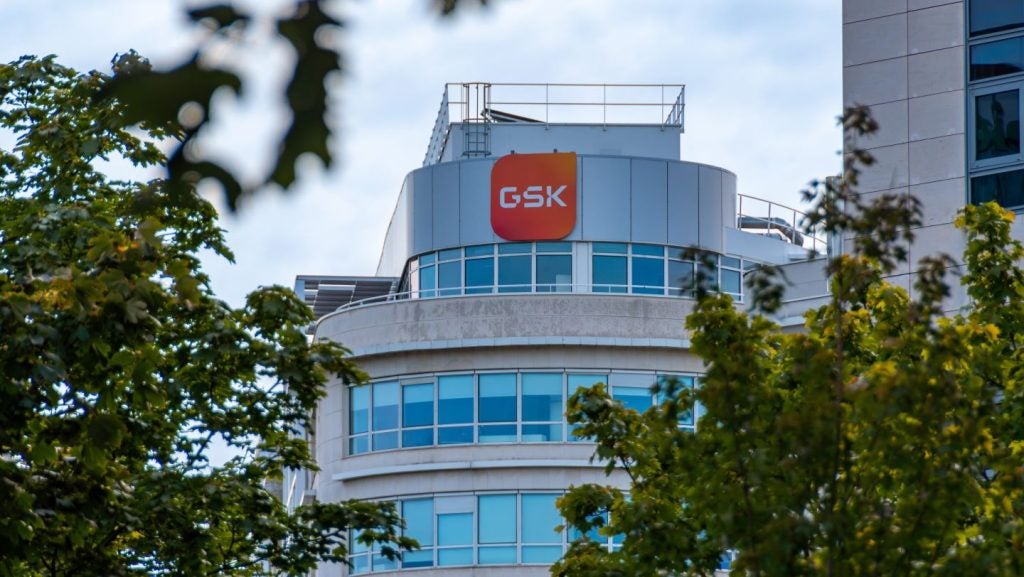The Parker Institute for Cancer Immunotherapy (PICI), a research network launched by Silicon Valley entrepreneur Sean Parker, has announced a new $125 million investment.
This is the largest investment for the network since Parker founded PICI back in 2016, kickstarting the project with a $250m donation.
Cancer immunotherapies – treatments that harness the body’s immune system to fight cancer – have gained significant traction in the last few years, as cancer treatments shift towards more personalised therapies. According to Parker, cancer immunotherapies are “at a critical inflection point.”
The PICI has seven research centres located across the US, including Stanford University and the Dana Farber Cancer Institute, in addition to other leading research institutions and medical centres. The network fosters collaborations between these institutions to conduct research, support clinical trials, and provide funding and resources.
In addition to boosting research, the institute has also invested in 17 biotech startup companies to support their pipelines of next-generation cancer immunotherapies. Returns generated from these investments will be used to support additional research grants, says the PICI.
In April 2024, the PICI teamed up with Waltham, US-based BostonGene. As part of the collaboration, BostonGene will analyse blood samples from PICI’s RADIOHEAD programme— or the Resistance Drivers for Immuno-Oncology Patients Interrogated by Harmonized Molecular Datasets project.
The study involves 1,200 patients with various cancers undergoing immune checkpoint inhibitor treatments. It aims to correlate blood changes with genetic variations to immunotherapy response, resistance, and toxicity by harnessing BostonGene’s immuno-profiling technology.
Immune checkpoint inhibitors are a type of immunotherapy drug that help the immune system recognise and attack cancer cells by blocking proteins that suppress immune responses. MSD, one of theleaders in this space, made $25bn last year with its PD-1 checkpoint inhibitor Keytruda (pembrolizumab).
In the announcement accompanying the funding, director of the PICI Center at Stanford Medicine Crystal Mackall said: “Cancer patients simply can't afford to wait, which is why PICI's model is so critical. PICI brings together the best scientific minds in a collaborative model designed for speed and impact. This gives us a critical advantage, which is how progress is made. That's the power of PICI.”















